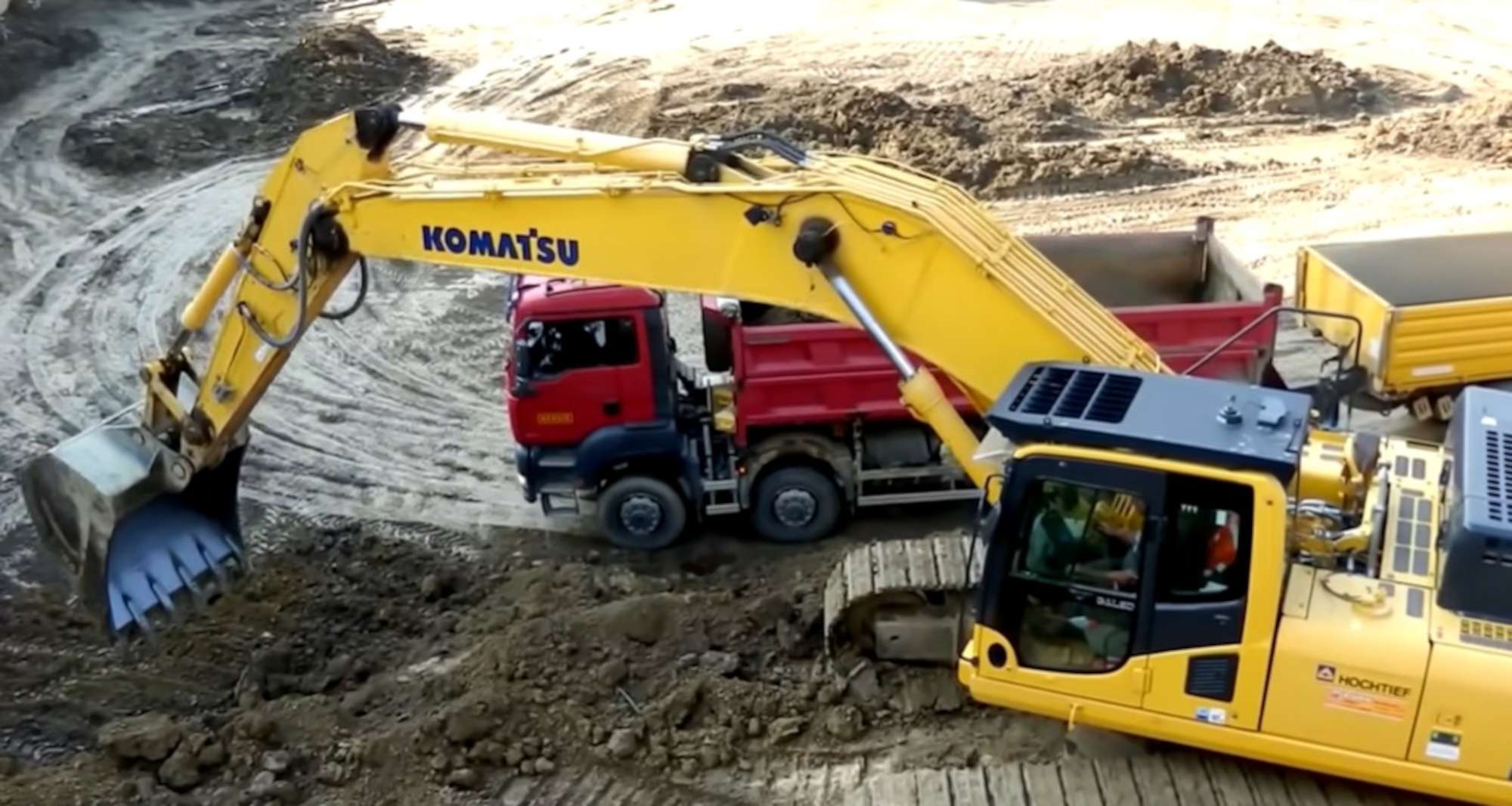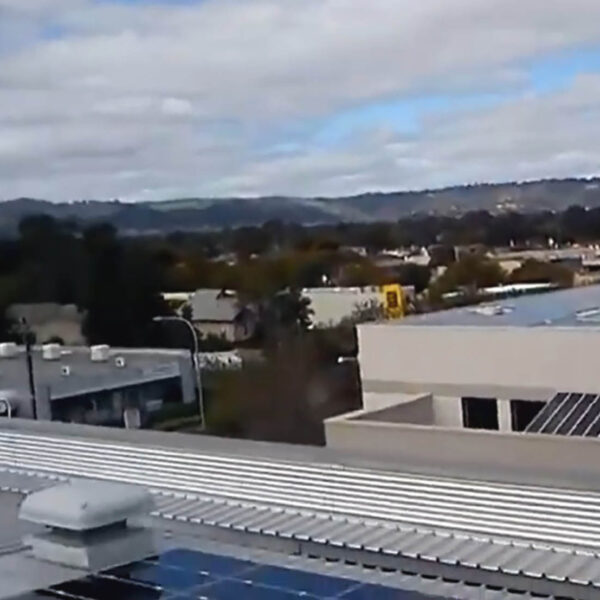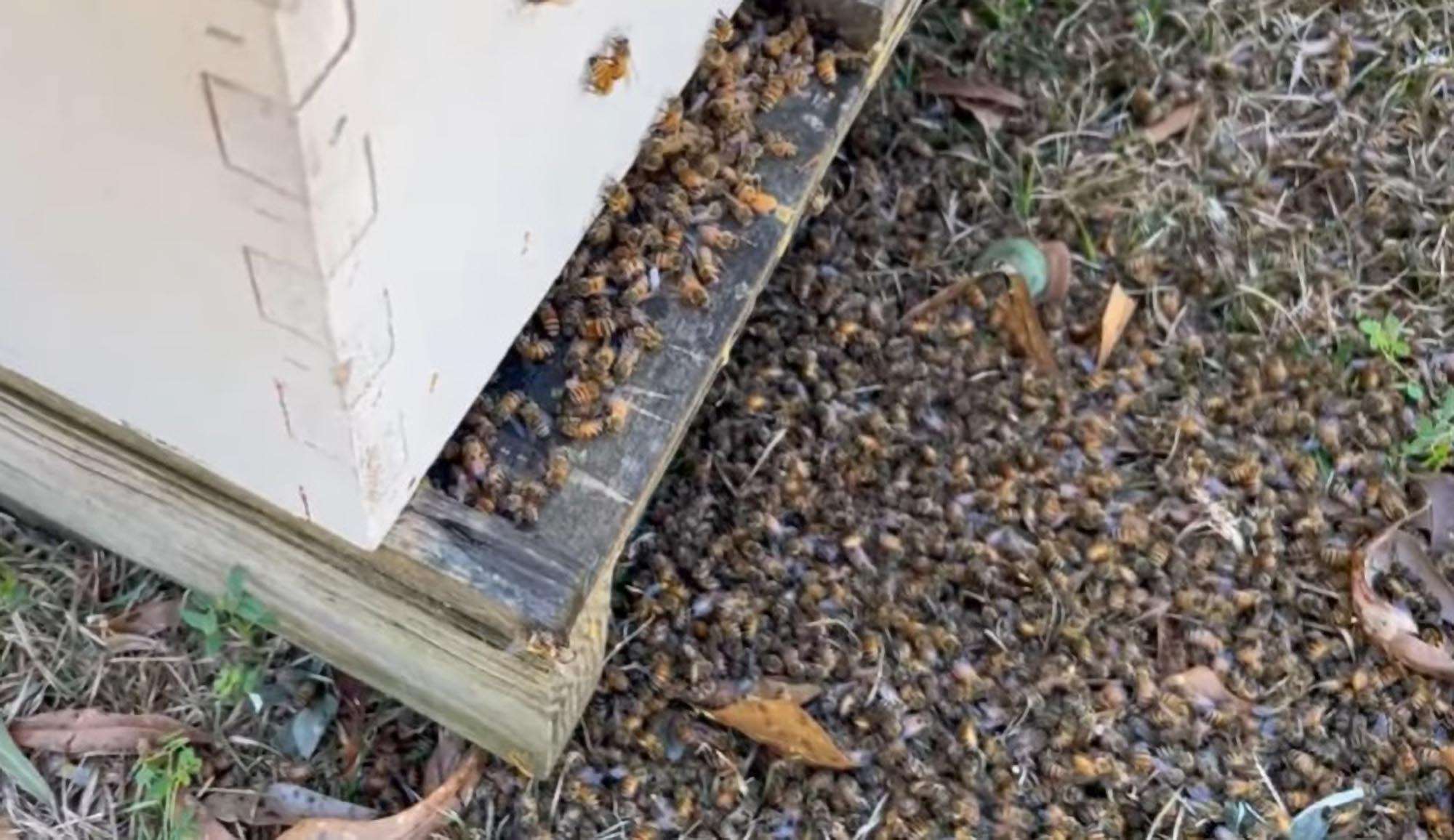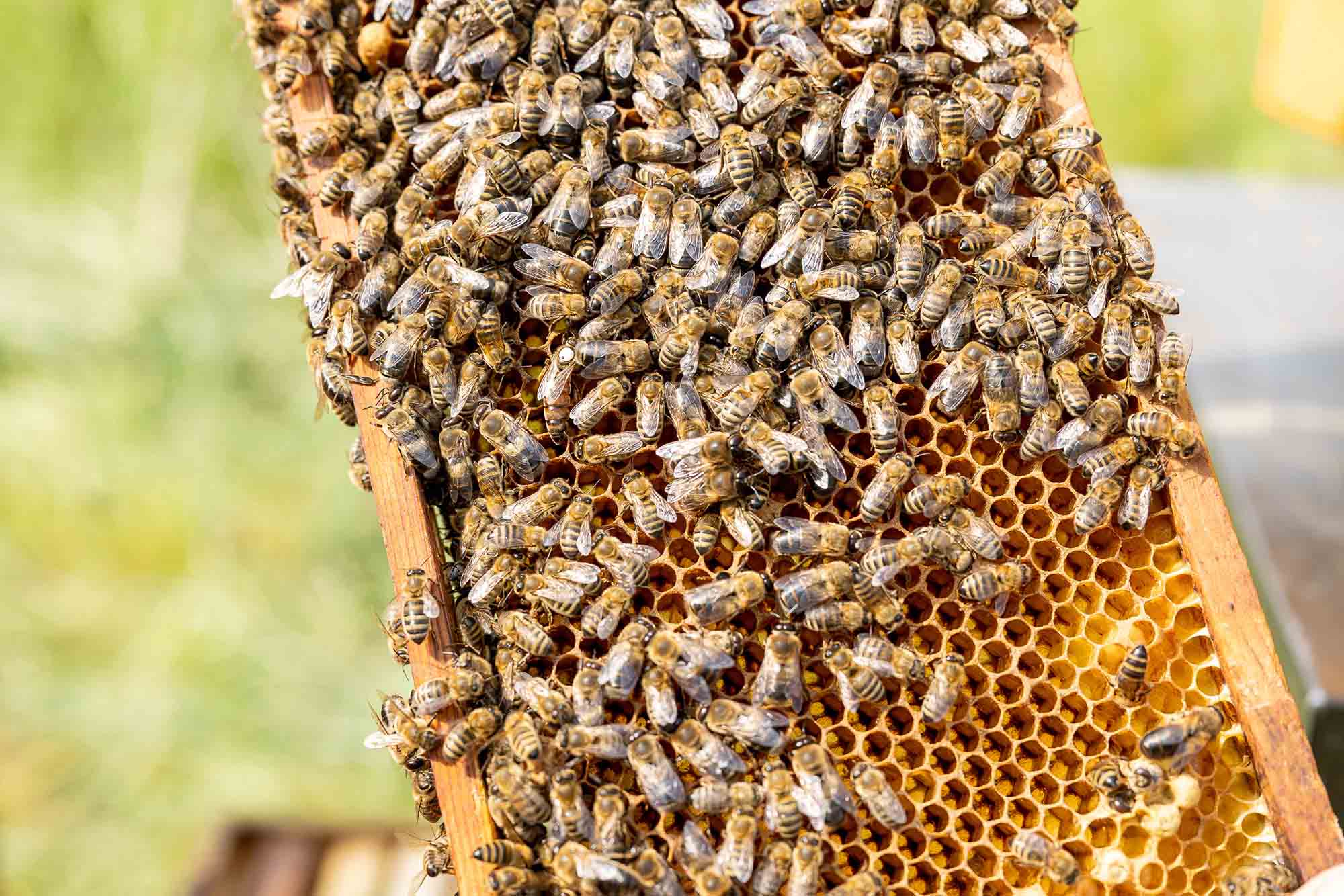A panel of engineers has urged decision-makers to drastically reduce the number of construction projects in Austria to rescue the country’s biodiversity.
The Chamber of Civil Engineers criticised that 41 square kilometres (15.8 square miles) of potential natural habitats are lost to construction projects in the country of nine million inhabitants each year.
The organisation, which represents building safety experts, underlined that this area was as large as Eisenstadt, a town with 16,000 inhabitants.
In their 12-page petition, they explained: “Soils are sealed by covering them with a layer which blocks any water and air. This measure eradicates any flora and fauna.
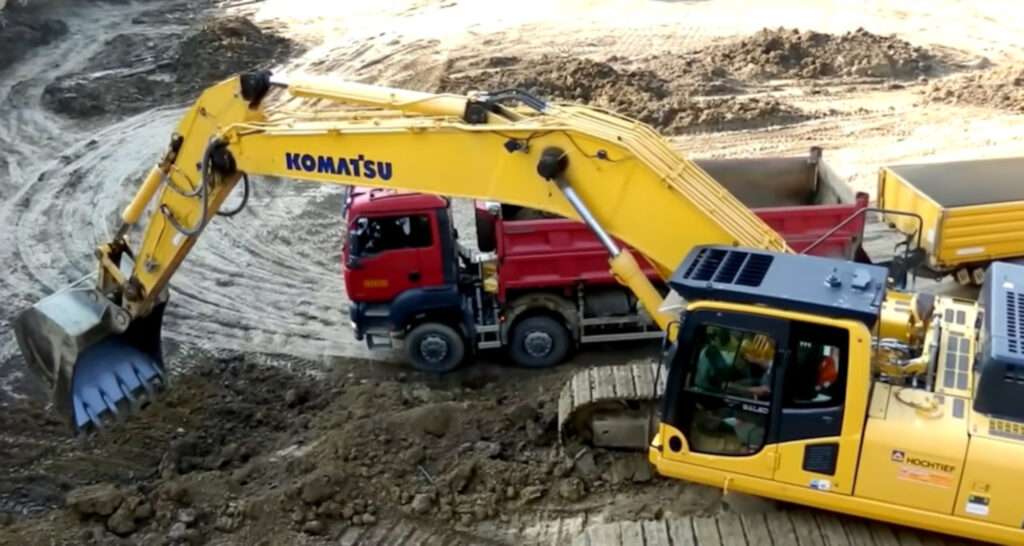
“Potentially biologically active areas are lost forever.”
Instead of a further expansion of industrial and residential estates, enterprises and regional lawmakers should concentrate on renovating existing properties.
The engineers also called for an improvement of urban infrastructure, more recycling efforts and higher investments in public transport.
They warned: “This is about the survival of future generations.”
Greenpeace Austria recently deplored that 95 per cent of new building projects across the Central European country were taking place on land which could have been used to cultivate food.
The activists warned that Austria would become increasingly dependent on foreign producers.
The campaigns of the engineers chamber and the environmental organisation are not just pressurising politicians and construction firms. They also highlight the precarious situation of the 700 solitary pollinator species that exist in the country.
According to the European Union’s European Environment Agency (EEA), the sealing of soil “puts biodiversity at risk, increases the risk of flooding and water scarcity and contributes to global warming.”

